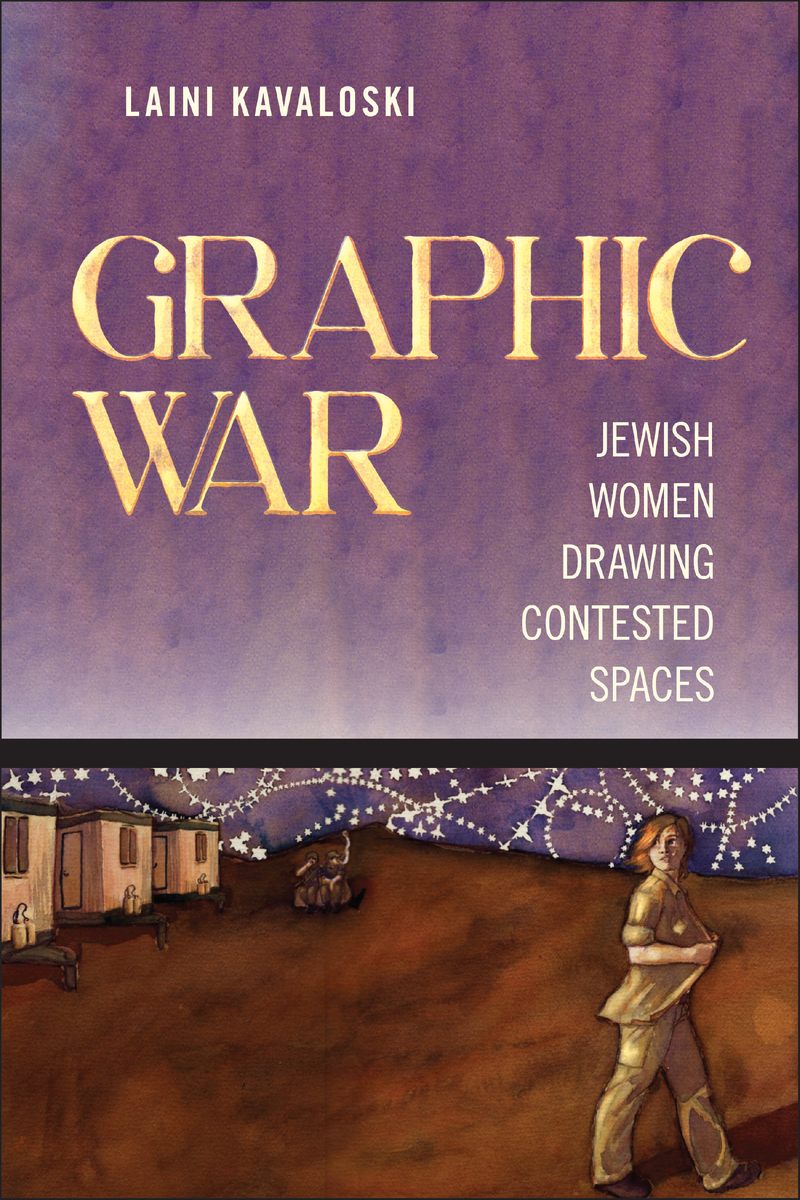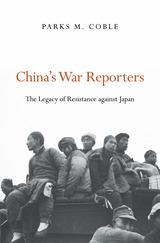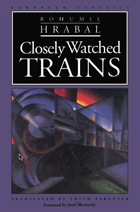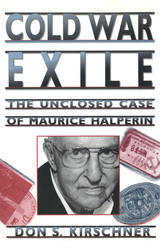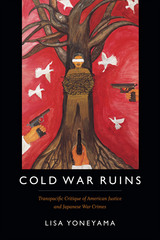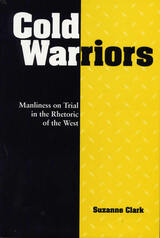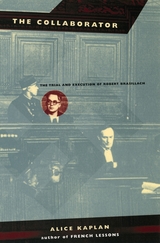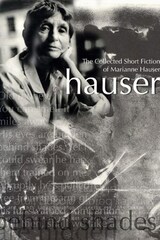Graphic War: Jewish Women Drawing Contested Spaces
Rutgers University Press, 2026
Cloth: 978-1-9788-3099-8 | Paper: 978-1-9788-3098-1 | eISBN: 978-1-9788-3100-1 (ePub) | eISBN: 978-1-9788-3101-8 (PDF)
See other books on: Art | Comics & Graphic Novels | Jewish | Literary Criticism | Women Artists
See other titles from Rutgers University Press
Cloth: 978-1-9788-3099-8 | Paper: 978-1-9788-3098-1 | eISBN: 978-1-9788-3100-1 (ePub) | eISBN: 978-1-9788-3101-8 (PDF)
ABOUT THIS BOOK | AUTHOR BIOGRAPHY | REVIEWS | TOC
ABOUT THIS BOOK
Employing geographical and political structures to her analyses, Laini Kavaloski argues that spatial forms that represent boundaries such as walls, ghettos, and war zones together with the artistic renderings of emotion, gendered experiences, and cultural narratives make visible the consequences of war on bodies and political futures. Representations of Jewish territorial positions are not only metaphoric but are also active forces in determining the effects of boundaries—political and cultural— on Jewish lives. Through an archive of contemporary memoirs that grapple with Jewish experiences of war, Graphic War makes visible the consequences of state structures, militarized environments, and nationalisms on the female body and in doing so registers a shift from the persistent Jewish identification with 20th-century oppression toward a narrative of Jewish belonging based in transnational agency and activism in the 21st Century.
See other books on: Art | Comics & Graphic Novels | Jewish | Literary Criticism | Women Artists
See other titles from Rutgers University Press
